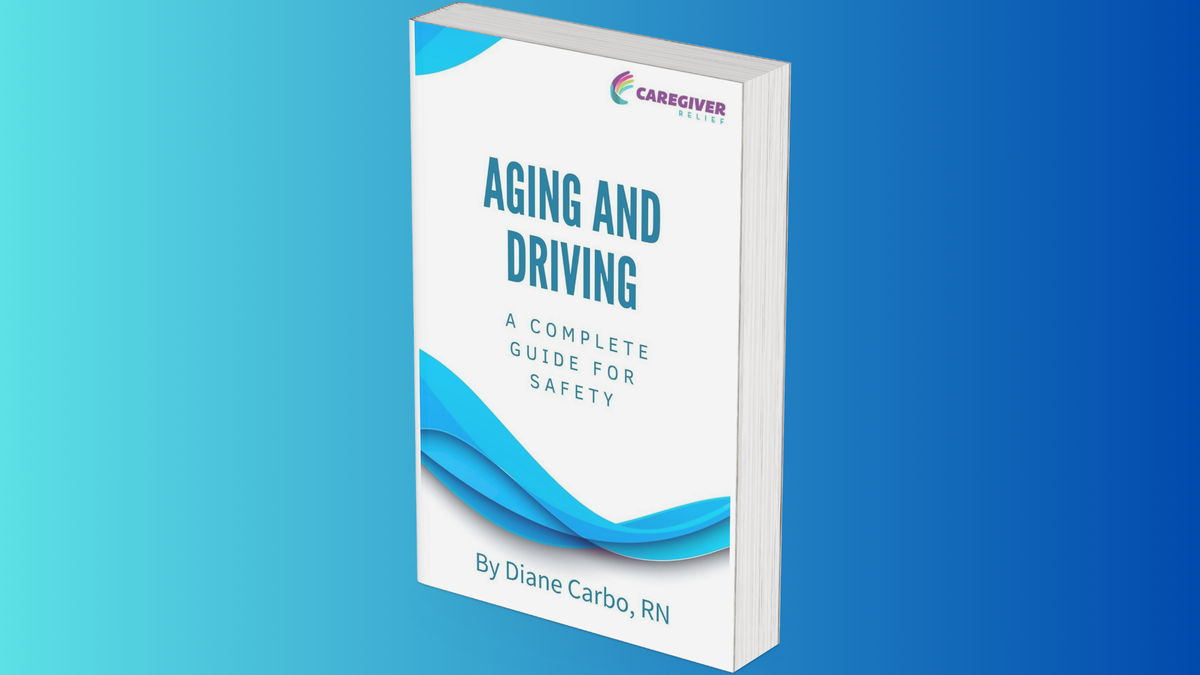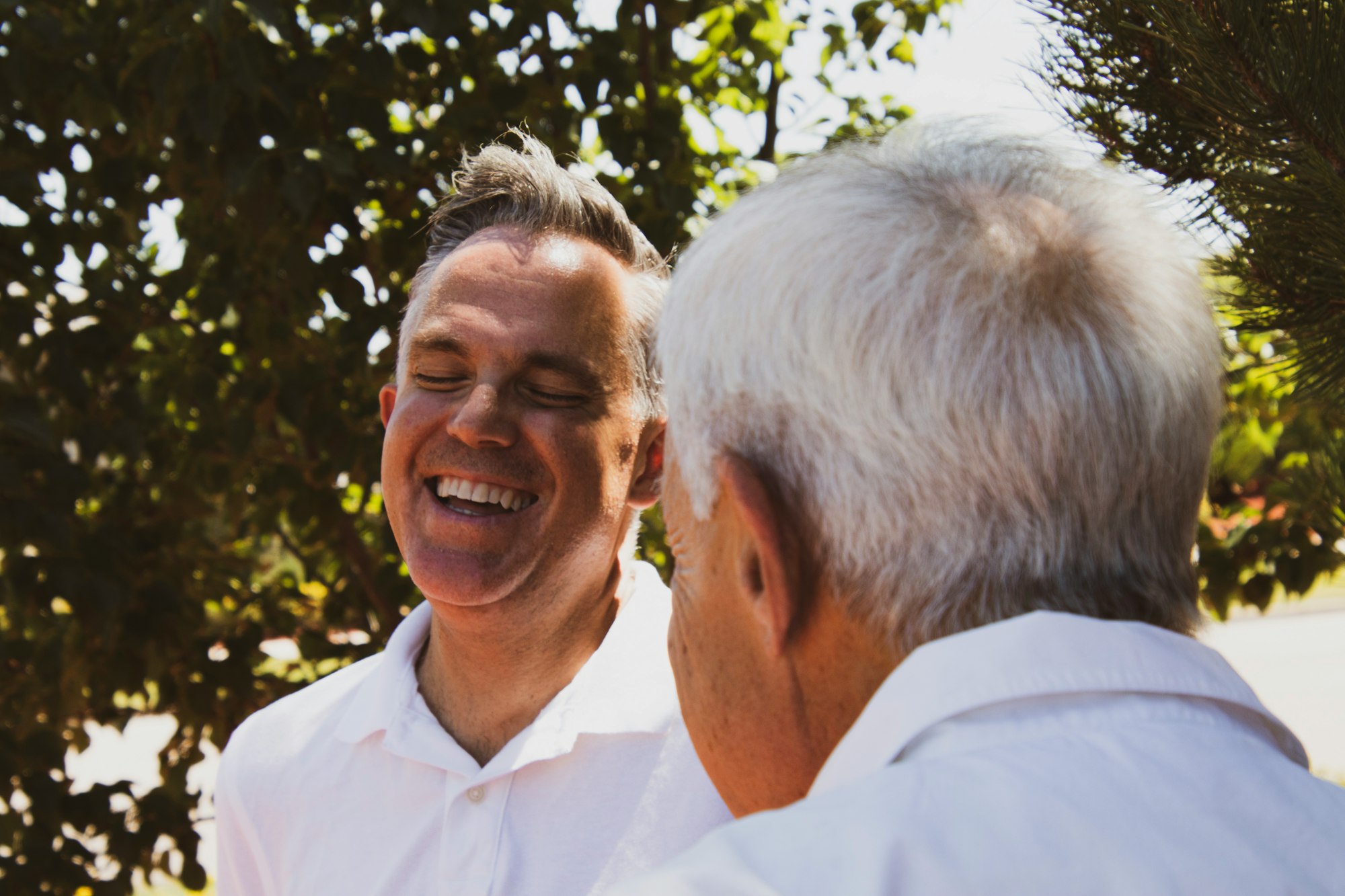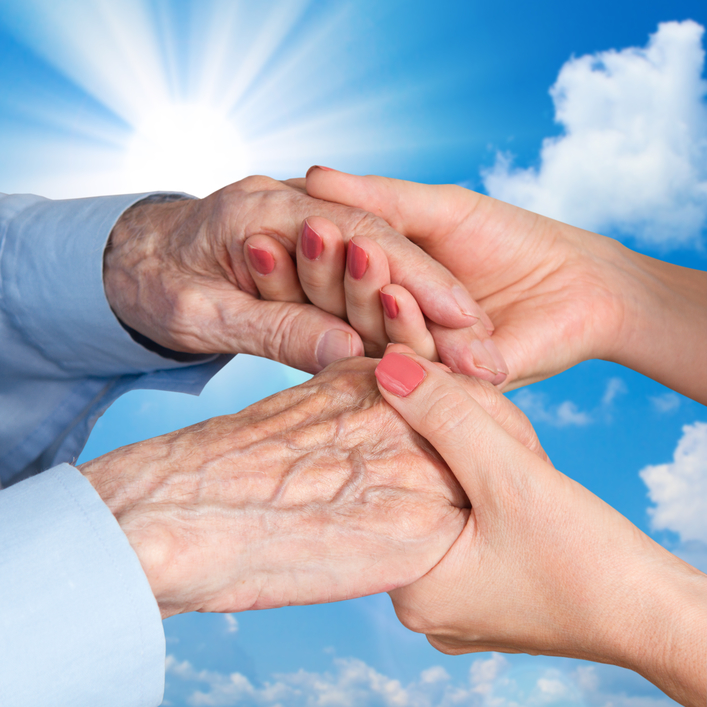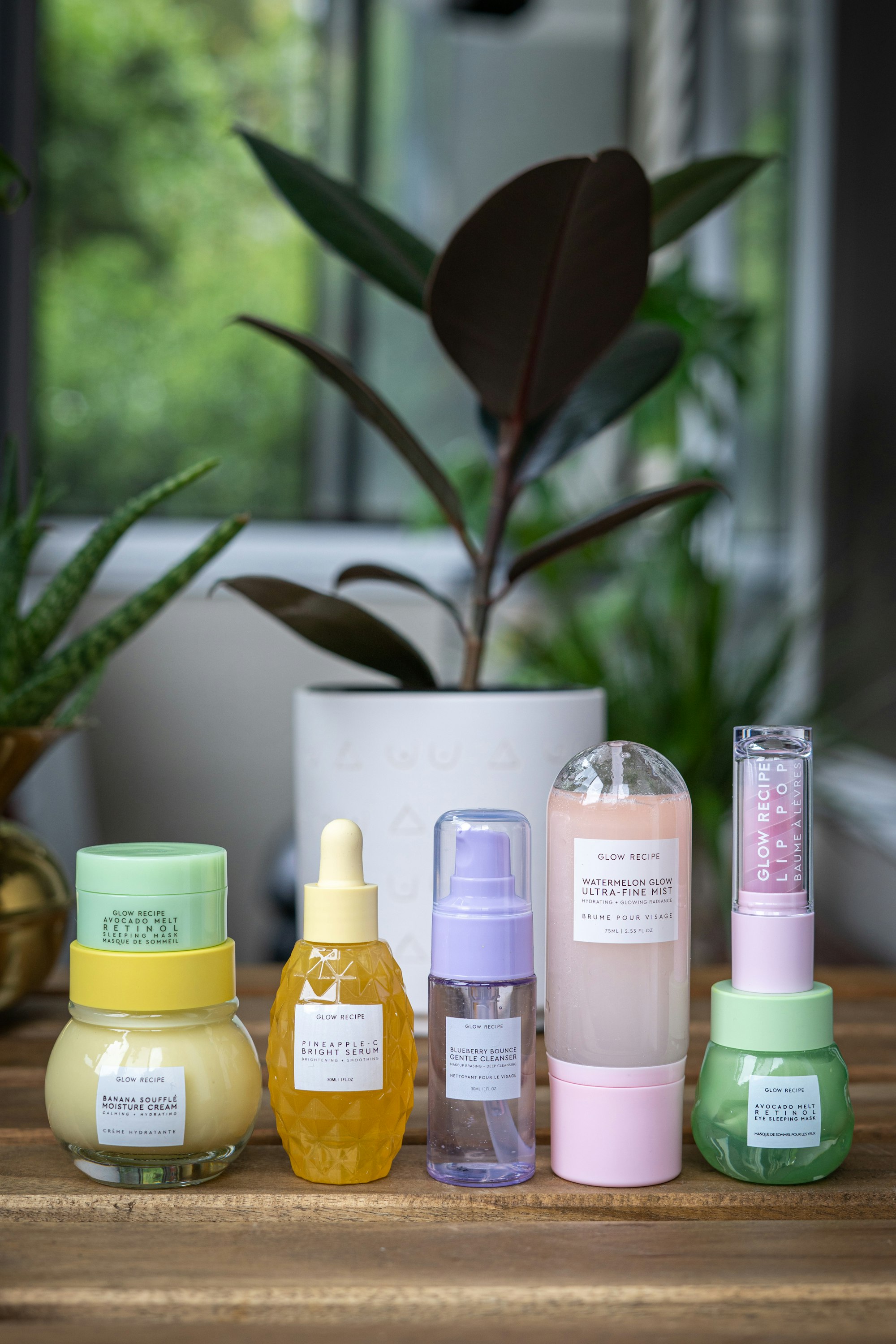40 Tips for Aging Well: Healthy & Happiness
Discover the secrets to aging gracefully and happily with this comprehensive handbook. From tips on nutrition and exercise to maintaining positive relationships and mental well-being, this guide has everything you need to live your best life. Thank you Carol for sharing this wonderful list.

Secrets to Timeless Joy: Your Guide to Healthy Aging and Happiness
Discover the secrets to aging gracefully and happily with this comprehensive handbook. From tips on nutrition and exercise to maintaining positive relationships, mental well-being, and preventing age-related diseases, this guide has everything you need to live your best life.

nlocking the Secrets to Timeless Joy: Your Guide to Healthy Aging and Happiness
In today’s fast-paced world, the pursuit of healthy aging and happiness has become increasingly essential. We often overlook the simple yet powerful principles that can contribute significantly to our well-being. Carol, from Mt. Airy, PA, has graciously shared a comprehensive guide that encapsulates the keys to a fulfilling life. Let’s delve into this handbook, which serves as a reminder of the timeless wisdom we can all benefit from.

The Handbook for Healthy Aging and Happiness:
Health:
- Stay Hydrated: Begin with the basics—drink plenty of water to keep your body and mind well-nourished.
- Balanced Meals: Follow the adage of eating breakfast like a king, lunch like a prince, and dinner like a beggar to maintain a healthy diet.
- Natural Foods: Embrace foods that grow on trees and plants while reducing your intake of processed or manufactured foods.
- The 3 E’s: Infuse your life with Energy, Enthusiasm, and Empathy—essential ingredients for a happy and healthy existence.
- Find Time for Reflection: Set aside moments to pray, meditate, or simply contemplate your life’s journey.
- Embrace Play: Rediscover the joy of playing games, engaging your mind and spirit.
- Expand Your Mind: Read more books than you did in 2009, nurturing your intellect and imagination.
- Embrace Silence: Dedicate at least 10 minutes each day to sit in silence, allowing your thoughts to settle.
- Prioritize Sleep: Aim for 7 hours of quality sleep every night to rejuvenate your body and mind.
- Daily Walks: Take a 10-30 minute walk daily and remember to smile while you stroll, spreading positivity to those you encounter.
This video explains the science behind healthy aging.
Personality:
- Avoid Comparisons: Refrain from comparing your life to others, as you can never fully understand their unique journey.
- Focus on the Present: Don’t dwell on negative thoughts or events beyond your control; invest your energy in the present moment.
- Set Boundaries: Recognize your limits and avoid overcommitting.
- Lighten Up: Don’t take yourself too seriously, and remember that no one else does either.
- Shun Gossip: Save your precious energy by steering clear of gossip and negativity.
- Dream Awake: Let your waking moments be filled with dreams and aspirations.
- Beat Envy: Understand that envy is a futile pursuit, as you already possess all that you truly need.
- Forgive and Forget: Leave past issues behind, allowing your present happiness to flourish.
- Let Go of Hate: Avoid harboring hatred towards others, as it only diminishes your own well-being.
- Make Peace with Your Past: Resolve past conflicts to ensure they don’t disrupt your present.
- Own Your Happiness: Recognize that your happiness is within your control, no one else’s.
- Embrace Life’s Lessons: View life as a continuous learning experience, with problems as valuable lessons.
- Smile and Laugh: Bring more smiles and laughter into your life to uplift your spirit.
- Choose Your Battles: You don’t have to win every argument; sometimes, agreeing to disagree is the best solution.
Society:
- Stay Connected: Regularly reach out to your family to maintain strong bonds.
- Acts of Kindness: Each day, extend a gesture of goodwill to others.
- Practice Forgiveness: Forgive everyone and everything to free yourself from resentment.
- Cherish Generations: Spend time with both the elderly and the young, as their perspectives enrich your life.
- Spread Joy: Strive to make at least three people smile every day.
- Detach from Opinions: What others think of you is their concern, not yours.
Life:
- Nurture Friendships: Your friends are your support system, especially in times of illness.
- Do What’s Right: Always make decisions aligned with your values.
- Embrace Beauty: Surround yourself with items that are useful, beautiful, or bring you joy.
- Believe in Healing: Trust that time and the divine can heal all wounds.
- Embrace Change: Recognize that every situation, whether good or bad, is temporary.
- Show Up: No matter how you feel, get up, dress up, and show up for life.
- The Best Lies Ahead: Have faith that the best is yet to come.
- Express Gratitude: Wake up each morning with gratitude for another day of life.
- Seek Inner Happiness: Your innermost self is inherently happy—embrace it.
Conclusion:
This handbook for healthy aging and happiness serves as a gentle reminder of the timeless principles that can enrich our lives. Laughter, positivity, and a focus on the present moment are the keys to a fulfilling existence. As we embark on the journey to healthy aging and good health, let’s carry these valuable lessons with us, ensuring that we not only live long but also live well.
More on The Journey to Healthy Aging and Good Health for Older Adults
Nurturing Mental Health
Mental health is a crucial aspect of healthy aging. As we age, we may experience a range of emotions, from happiness and contentment to anxiety and depression. It’s essential to nurture our mental health to maintain a positive outlook and overall well-being.
Engage in activities that bring you joy, such as hobbies, reading, or spending time with loved ones. These activities can provide a sense of fulfillment and help reduce stress. Practice stress-reducing techniques, such as meditation, deep breathing, or yoga, to keep your mind calm and centered.
Staying connected with friends and family is vital. Consider joining a support group to expand your social network and share experiences with others who understand your journey. Prioritize self-care by ensuring you get enough quality sleep, exercise regularly, and eat a healthy diet. These habits are foundational to your well-being.
If you’re struggling with mental health issues, such as depression or anxiety, don’t hesitate to seek professional help. A health care professional can provide the support and guidance you need to navigate these challenges. Remember, taking care of your mental health is just as important as caring for your physical health.
Building Social Connections
Social connections are vital for healthy aging. As we age, we may experience social isolation or loneliness, which can negatively impact our mental and physical health. Building and maintaining social connections can help us stay engaged, active, and healthy.
Join a club or organization that aligns with your interests, such as a book club, gardening group, or volunteer organization. These activities provide opportunities to meet new people and build meaningful relationships. Attend community events, such as concerts, festivals, or lectures, to stay connected with your local community.
Taking a class or workshop to learn a new skill or hobby can also be a great way to meet like-minded individuals. Consider joining a support group or online community to connect with others who share similar experiences. Staying in touch with friends and family through regular phone calls, video chats, or in-person visits is essential for maintaining strong social bonds.
Cognitive Health and Stimulation
Cognitive health is essential for healthy aging. As we age, our brains undergo natural changes that can affect our memory, attention, and processing speed. Engaging in activities that stimulate our brains can help us stay mentally sharp and reduce the risk of age-related cognitive decline.
Engage in mentally stimulating activities, such as reading, puzzles, or learning a new language. These activities challenge your brain and keep it active. Taking a class or workshop to learn a new skill or hobby can also provide cognitive benefits.
Practice memory exercises, such as memory games or memory recall activities, to keep your mind sharp. Staying physically active is equally important, as exercise has been shown to improve cognitive function. Consider joining a cognitive training program or working with a cognitive coach to further enhance your cognitive health.
Finding Meaning and Purpose
Finding meaning and purpose is essential for healthy aging. As we age, we may experience a range of emotions, from feeling fulfilled and content to feeling empty and unfulfilled. Engaging in activities that give us a sense of purpose can help us stay motivated, engaged, and healthy.
Reflect on your values and passions to identify activities that give you a sense of purpose. Engage in activities that align with your values and passions, such as volunteering, mentoring, or creative pursuits. These activities can provide a sense of fulfillment and contribute to your overall well-being.
Consider joining a community organization or club that aligns with your interests. Practice gratitude and appreciation for the things you have and the experiences you’ve had. If you’re struggling to find meaning and purpose, seek support from friends, family, or a mental health professional. They can provide guidance and help you navigate this journey.
Conclusion and Next Steps
Healthy aging is a journey that requires effort, dedication, and support. By prioritizing our physical, mental, and emotional health, we can maintain a healthy and fulfilling life as we age. Remember to:
- Stay physically active and engaged in activities that promote physical health.
- Nurture your mental health through stress-reducing techniques, social connections, and self-care.
- Engage in activities that stimulate your brain and promote cognitive health.
- Find meaning and purpose through activities that align with your values and passions.
- Seek support from friends, family, or a mental health professional if you need guidance or support.
By taking these steps, you can promote healthy aging and maintain a healthier, happier life as you age.
FAQ: 40 Tips for Aging Well: Healthy & Happiness
General Questions
What does "aging well" mean?
A: Aging well refers to maintaining physical, mental, and emotional health as you grow older. It involves adopting habits that promote overall health, prevent chronic diseases, and enhance your quality of life.
Why is "healthy aging" important?
A: Healthy aging helps older adults maintain independence, reduce the risk of age-related diseases, and enjoy a fulfilling life with improved physical and mental well-being.
What are the main components of healthy aging?
A: Healthy aging includes physical activity, healthy eating, social engagement, mental health support, good sleep hygiene, and regular visits to health care professionals.
Physical Health
How does physical activity support healthy aging?
A: Regular physical activity helps maintain muscle mass, improve physical function, and reduce the risk of chronic diseases like heart disease, high blood pressure, and type 2 diabetes.
What types of exercises are good for older adults?
A: Activities like walking, swimming, tai chi, and strength training are excellent for staying physically active and promoting overall health.
How does diet influence aging?
A: A balanced diet with whole grains, fruits, vegetables, lean proteins, and healthy fats supports the immune system, prevents chronic pain, and promotes a healthier life.
Q7: How important is quality sleep for older adults?
A: Getting enough quality sleep is crucial for cognitive health, reducing stress, and overall well-being. A good night's sleep can help lower the risk of cognitive decline and poor health.
Mental and Cognitive Health
How can older adults maintain cognitive health?
A: Engaging in activities that challenge the brain, like learning new skills, reading, or playing puzzles, can prevent cognitive decline and memory loss.
Can social connections improve mental health?
A: Yes, staying socially active and connected with loved ones or community support groups reduces feelings of loneliness and improves psychological well-being.
What role does mental health play in aging?
A: Good mental health is essential for aging well, as it lowers stress, promotes positivity, and supports the ability to live life to its fullest.
Chronic Diseases and Health Conditions
What are common health problems older adults face?
A: Many older adults experience age-related diseases such as heart disease, high blood pressure, Alzheimer’s disease, and chronic pain.
How can older adults prevent or manage chronic diseases?
A: Adopting a healthy lifestyle, staying physically active, eating nutritious meals, and consulting health care professionals regularly can help manage or prevent chronic diseases.
How does aging affect the immune system?
A: Aging can weaken the immune system, making it more important for older adults to focus on healthy eating, regular exercise, and staying positive to lower the risk of infections and health problems.
Social and Emotional Well-being
How can older adults combat social isolation?
A: Joining support groups, engaging in community activities, and making new friends are great ways to stay connected and reduce feelings of loneliness.
What is the impact of staying socially active?
A: Social engagement improves psychological well-being, promotes cognitive health, and reduces the risk of depression and other mental health issues.
Q16: How can family members support healthy aging?
A: Family members can encourage regular health checkups, provide emotional support, and help older adults stay active and socially engaged.
Healthy Habits and Lifestyle
What role does self-care play in healthy aging?
A: Self-care practices, such as mindfulness, stress management, and regular exercise, promote well-being and help older adults maintain a healthier life.
What are the benefits of learning new skills as we age?
A: Learning new skills stimulates the brain, improves cognitive function, and adds a sense of purpose and accomplishment.
Can tai chi or similar activities benefit older adults?
A: Yes, tai chi improves balance, reduces stress, and enhances physical and mental health for older people.
How can older adults stay positive?
A: Focusing on silver linings, practicing gratitude, and surrounding oneself with supportive loved ones can improve mental health and overall happiness.
Research and Expert Recommendations
What do researchers say about healthy aging?
A: Research shows that staying active, maintaining social connections, and adopting healthy habits significantly improve overall health and reduce the risk of cognitive decline and chronic diseases.
What is the role of the National Institute and the National Council in supporting healthy aging?
A: Organizations like the National Institute and National Council provide resources, research, and programs to promote healthy aging and support older adults in living healthier lives.
What have systematic reviews found about healthy aging?
A: Systematic reviews suggest that regular physical activity, a nutritious diet, and social engagement are key to preventing health problems and promoting well-being in older adults.
Additional Tips
How can older adults improve their quality of life?
A: Staying physically and socially active, focusing on self-care, and regularly consulting health care professionals can greatly enhance quality of life.
How do social connections benefit aging adults?
A: Strong social connections reduce the risk of depression, improve overall health, and provide emotional support.
What role does optimism play in aging?
A: Maintaining a positive outlook helps lower stress, improve resilience, and support mental and physical health.
How can older adults deal with age-related negative beliefs?
A: By staying active, learning new things, and focusing on their abilities, older adults can combat negative beliefs and improve their overall well-being.
Conclusion
Healthy aging is about embracing habits and resources that promote physical, mental, and emotional well-being. By staying active, connected, and informed, older adults can live fulfilling and healthier lives as they grow older.
Our Resources section can help you find the information and tools that you need. We have courses, videos, checklists, guidebooks, cheat sheets, how-to guides and more.
You can get started by clicking on the link below. We know that taking care of a loved one is hard work, but with our help you can get the support that you need.
Click here to go to Resources Section now!
You might also like this article:



















